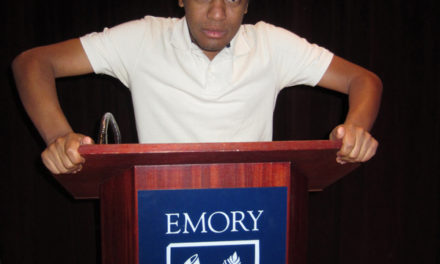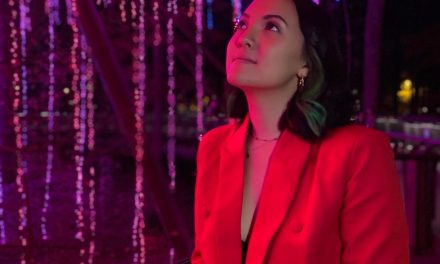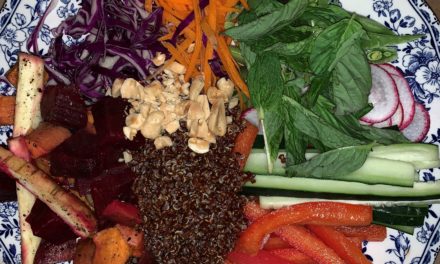Virtually every aspect of life for college students, and the rest of the world, has been reshaped by the COVID-19 pandemic. For this year’s graduating seniors, this includes not only their academics and coursework but also figuring out the next steps after graduation. While some are searching for employment in an increasingly competitive job market, others are planning to return to school to jumpstart their careers.
However, those with plans of applying to graduate programs faced changing standards and increased stressors throughout a highly unusual application cycle. The graduate school application process looked different in several ways this year, ranging from fluctuating requirements to record high numbers of applicants. Many applicants described that there were far more concerns to balance this year when trying to plan and complete applications than would be expected in a typical year.
“Honestly, I kind of expected to be able to manage my honors thesis, extracurriculars and grad school stuff all at once,” said Faith Kim (21C), who applied to graduate programs in social work and art history. “But last semester I feel like COVID learning was so busy for me. It was hard to think about writing grad school applications when there were so many more responsibilities I had to attend to.”
Kim, majoring in art history, noted that applications for master’s of social work programs did not open until fall 2020, so she was unable to get as much work done ahead of the stress of online learning. Alongside the pandemic, these competing concerns impacted her work habits.

Faith Kim (21C) will be enrolling in a Masters of Social Work program in Fall 2021 (Courtesy of Faith Kim/The Emory Wheel)
“I’m the type of person who writes out on a spreadsheet all of my responsibilities and the estimated amount of time per week that [they will] take,” Kim said. “But I think COVID really threw those off.”
With little time in the fall, Kim was forced to work on her applications during winter break. Although winter break was longer than usual, it was not as restful as hoped, Kim said.
Shreya Pabbaraju (21C) also faced unexpected stresses and complications when applying to graduate school during the pandemic. Pabbaraju had to adapt to many changes, including the inability to take the Graduate Record Examinations (GRE) due to pandemic constraints and thus having to reevaluate her application list.
“The top two programs I wanted to apply to for PhDs weren’t even considering applications without the GRE,” Pabbaraju said. “I thought [that] was kind of compounding a lot of systemic inequity, considering so many people have had so many financial crises this year as well as many different types of forced living situations that might make it very difficult to study.”
Because of these restrictions and constantly shifting application standards, Pabbaraju explained that she made sure to apply to a variety of types of programs, including both master’s degrees and PhDs. The pandemic made gauging a school’s campus and culture much more difficult Kim and Pabbaraju said.
“One of the issues was trying to figure out living accommodations while being here and never having had the chance to visit campus,” Pabbaraju said. “Another kind of concerning thing is meeting a whole new network of people without even getting the chance to go somewhere else.”
Despite the stresses of this application season, there is still a silver lining. Kim and Pabbaraju showed resiliency, and both of them were accepted to graduate schools they desired. Pabbaraju will be attending the University of Oxford to get a Master of Philosophy in Development Studies and Political Violence, and Kim is currently deciding between two master’s of social work programs at the University of Pennsylvania and the University of Chicago (Ill.).
In future application cycles, Kim and Pabbaraju hope students will be able to navigate the process under better conditions. Even under more typical circumstances, future applicants can still rely on the same skills of flexibility, diligence and adaptation that served students applying this year.
“I’m just really hoping that no one else in the future has to go through that,” Kim said. “But if I could give any advice, I would just say be organized.”
Rebecca Frischling (23C) is a sophomore in the college, originally from Santa Monica, CA. She is majoring in history with a concentration in law, economics, and human rights, and minoring in anthropology. In addition to the Wheel, Becca serves as the Music Director for chaiTunes a cappella, and is also involved with Emory Hillel and is a member of the Emory University Chorus.





